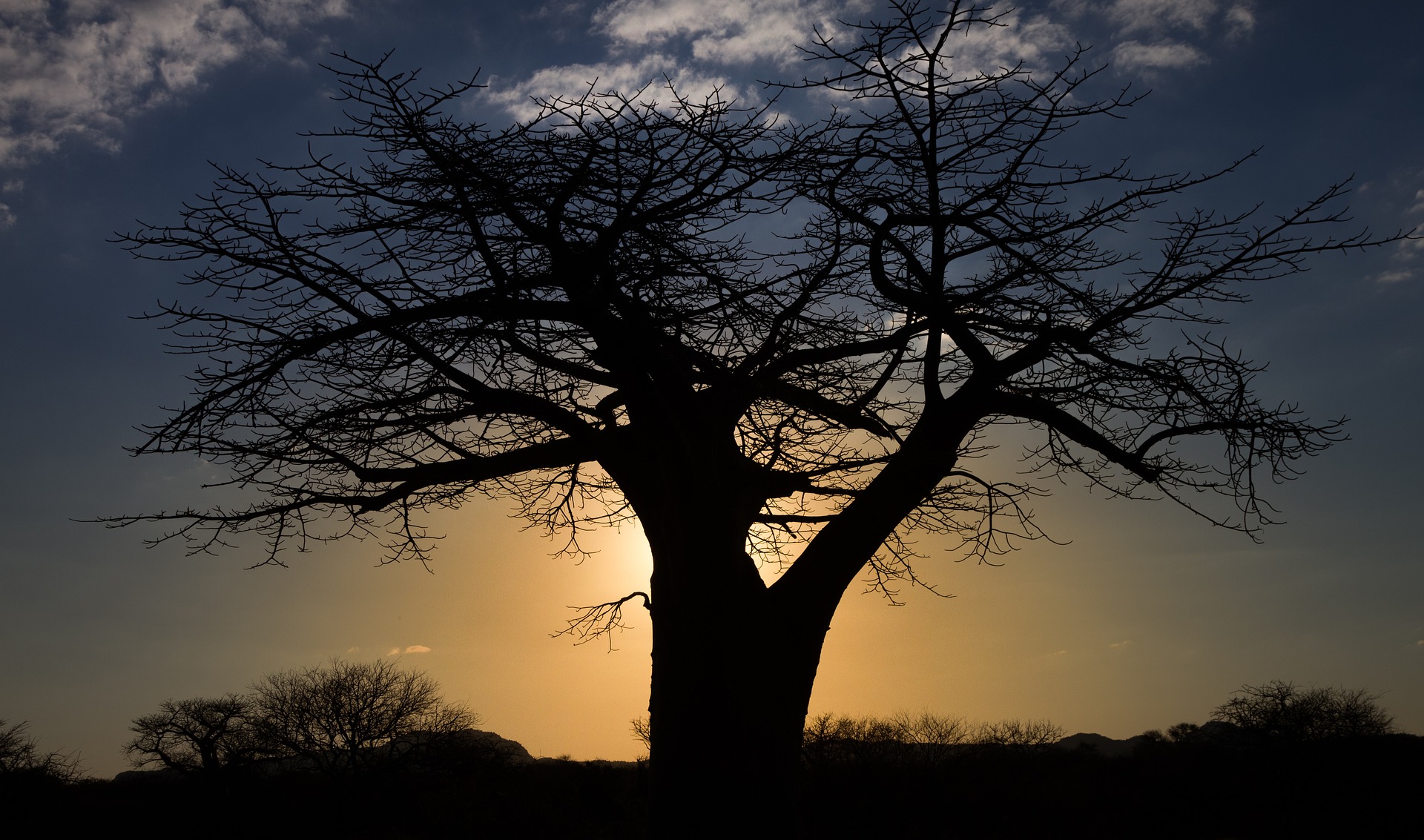Baobabs and Business
25/09/2017


We hear so much criticism of business in the media it’s easy to forget just how important it is for society. Quite apart from manufacturing the products we want and need or providing services to add value to our lives, business creates a space for us to develop and learn, to work, to meet others and to gain a sense of purpose. Of course, it also provides a means of earning money and paying tax to the exchequer which is used for our benefit.
Whilst driving back from a meeting I heard a snippet on a Radio 4 Natural Histories programme which exemplified just what a force for good business can be. It was a lovely vignette about a company selling Baobab fruit which was certainly taking the long view.
Now, many people won’t be familiar with the Baobab tree. It’s found in warmer climes such as Africa, Australia and Madagascar although you can see them at the Eden project in Cornwall. The trees are oddly shaped and are capable of storing copious amounts of water. They also bear large fruit, inside which are small seeds covered in a very tasty and nutritious pithy substance.
Dr Sarah Venter lives in a very poor area in South Africa with high levels of unemployment. One day when she was driving she noticed all the Baobab fruit lying on the ground and realised it was all going to waste. From that realisation the idea for the business was born. If she could buy the fruit from the local community, turn it into a more refined product to sell on, then she could provide employment and much needed income for local people. That was 11 years ago. The business started with 20 women and now has about 1000 women and men involved in the nurturing and collection of the Baobab fruit.
There’s another twist to this story. I mentioned the business took a long view. Whilst the trees can live up to 2000 years, the saplings are highly vulnerable – everything seems to want to eat them – and the tree doesn’t bear fruit until it is 200 years old. So, fruit borne by trees planted today won’t be harvested by the current workers, or even by their children. So, what motivation is there to protect the fragile saplings? Sarah has introduced a scheme where “Baobab Guardians” are given a seedling to plant wherever they feel they can look after it. Twice a year the sapling is measured and the guardians are rewarded for every centimetre of growth. The guardians go to great lengths to look after their plants, protecting them with fences, watering them with grey water and generally watching over them until they are study enough to survive unaided. Food for thought…
If you would like to see more take a look at https://vimeo.com/user18515194
Categories & Tags:
Leave a comment on this post:
You might also like…
Company codes – CUSIP, SEDOL, ISIN…. What do they mean and how can you use them in our Library resources?
As you use our many finance resources, you will probably notice unique company identifiers which may be codes or symbols. It is worth spending some time getting to know what these are and which resources ...
Supporting careers in defence through specialist education
As a materials engineer by background, I have always been drawn to fields where technical expertise directly shapes real‑world outcomes. Few sectors exemplify this better than defence. Engineering careers in defence sit at the ...
What being a woman in STEM means to me
STEM is both a way of thinking and a practical toolkit. It sharpens reasoning and equips us to turn ideas into solutions with measurable impact. For me, STEM has never been only about acquiring ...
A woman’s experience in environmental science within defence
When I stepped into the gates of the Defence Academy it was the 30th September 2019. I did not know at the time that this would be the beginning of a long journey as ...
Working on your group project? We can help!
When undertaking a group project, typically you'll need to investigate a topic, decide on a methodology for your investigation, gather and collate information and data, share your findings with each other, and then formally report ...
From passion to purpose: My journey at the Pinnacle of Aviation
By: Sultana Yassin Abdi MSc Air Transport Management, Current Student Born and raised in the vibrant landscape of the UAE, with roots stretching back to Somalia, my life has always been ...






